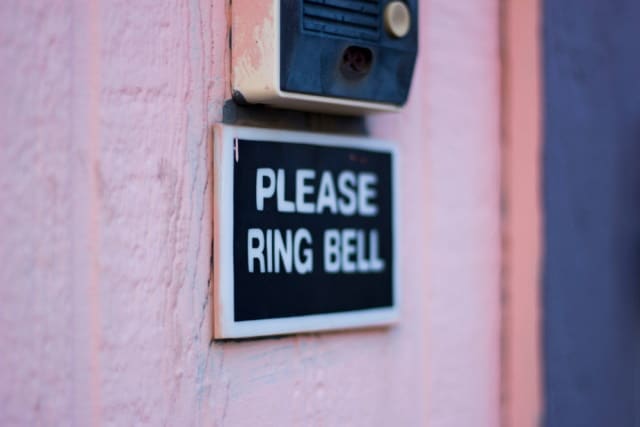Ring makes two-factor authentication mandatory for all its devices

Following a series of privacy-related controversies, smart doorbell maker Ring is making two-factor authentication (2FA) mandatory on all of its devices. In addition, the company is also giving users more control over personalized advertising.
Ring also says that it is temporarily pausing the use of most third-party analytics services in its apps and on its website. The company is working on giving users the ability to limit the sharing of data with third parties.
See also:
- Selectively revealing yourself to the world -- Privacy in the 21st century
- Facebook promises to give users more control over their privacy... again
- Microsoft exposed 250 million customer service and support records in massive privacy blunder
In a move that echoes that made by Google with its Nest devices, Ring now requires users to configure 2FA. The change means that in order to access camera feeds, users will have to confirm using a code that will be sent to them via SMS or email. on top of this, Ring says that is will send out notification whenever someone logs into an account from a new device, making it easier to identify suspicious activity.
Leila Rouhi, president of Ring, says:
While we already offered two-factor authentication to customers, starting today we're making a second layer of verification mandatory for all users when they log into their Ring accounts. This added authentication helps prevent unauthorized users from gaining access to your Ring account, even if they have your username and password.
Ring insists that it does not sell user data to any other company, but concedes that it will, "occasionally collaborate with third-party service providers". In a bid to give its customers greater transparency, privacy and control, the company is making some changes:
- Providing Control Over Third-Party Service Providers:Beginning immediately, we are temporarily pausing the use of most third-party analytics services in the Ring apps and website while we work on providing users with more abilities to opt out in Control Center. In early Spring, we will provide you with additional options to limit sharing information with third-party service providers.
- Opting Out of Personalized Advertising:You can now opt out of sharing your information with third-party service providers for the purpose of receiving personalized ads. If you opt out, Ring will not share the information required to serve you personalized ads, though you may still see non-personalized Ring ads from time to time. Although we believe personalized advertising can deliver a better customer experience, beginning this week we will provide you with a choice to opt out in Control Center.
On the face of this, it is good news, but -- as the Electronic Frontier Foundation points out with its emphasis -- the company is only "temporarily pausing the use of most third-party trackers". All of the announcements are clearly a step in the right direction, but Ring still has a lot to do.
Image credit: Emily Geraghty / Shutterstock
